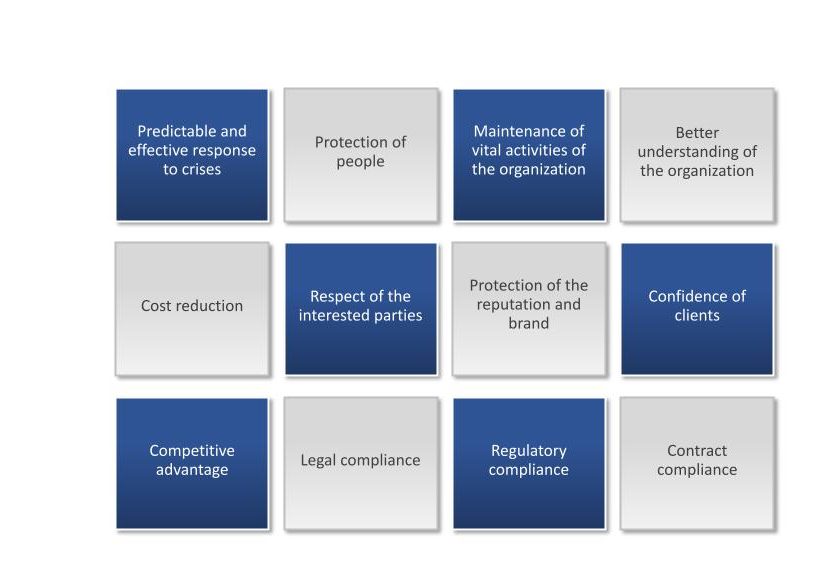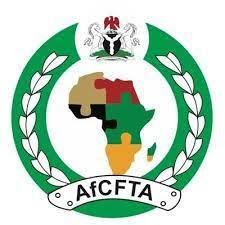Providing an inclusive business environment and market for African entrepreneurs has been one of the major challenges that are aiding the economic downturn among African countries. From corruption, custom and trade restrictions, high tax rate, economic sabotaging to inefficient business transformation ideas. The African continent with an estimated over 1.2 billion people is blessed with the highest number of active business owners among other continents (Brookings Edu Research 2019). However, while entrepreneurial capacity is high, the contribution to the economic growth of the African continent has been a major concern.
Many factors can be the reasons why the continent is not feeling the economic advantage of the enormous business opportunities within its space. In this regard, it is important to note that governments at all levels have a critical role to play in establishing supportive environments for businesses to grow in critical economic sectors.
The conscious need to create an inclusive market environment and secure a formidable partnership among African countries led to the establishment of The African Continental Free Trade Area (AfCFTA) agreement by the AU. This agreement presents a major opportunity and suitable measures that will facilitate international trade transactions, connect African businesses together, also reshape markets and economies across the region.
There is no doubt that the (AfCFTA) when fully implemented will represent a major opportunity for businesses to boost their growth, also increase the chance to explore other African economies where market opportunities and potentials are high.
However, in spite of the opportunities locked in the AfCFTA, there are many reasons for pessimism. The African continent according to many international observers is a home of substandard products and services, a ground of non-conforming processes, and a habitat of poor practices. In the phase of these deficiencies, the ISO standards and regulations remain the remedy for quality service and business efficiency.
ISO standards were created to offer guidance, coordination, and simplification of business processes to organizations to reduce cost and increase effectiveness, as well as to promote standardized products and services for human satisfaction. Part of its responsibility is to provide a framework that will guide the operations of organizations in ensuring that materials, products, processes, and services are suitable for their purpose. Since ISO standards are essential for organizations and businesses to gaining credence and deliver quality services, there are possibilities that African businesses that operate within the scope of ISO guidelines and regulations will mostly succeed in unlocking the benefits of the AfCFTA initiatives that are proposed to create continental free trade zone for African businesses and organizations.
One of the major objectives of the AfCFTA agreement is to help Africa economy. ISO standards through its capacity will help in promoting relationships between businesses, stimulating further trade not just with African companies but internationally, and increasing the speed at which new products reach the market. These processes mean that the new continental trade initiative is gradually impacting the African economy and raising the GDP of all its members.
For every business that wants to enjoy the benefits attached to AfCFTA, it is important that they strengthen every weak point of business management and ensure their method of operations align with the ISO regulatory standardized functions. With quality of trade guaranteed, commerce between companies, businesses and service end-users will become even easier. In this case, a business that operates alongside the ambient of ISO standards will have better opportunities of selling its products or services to other countries and get global brand recognition among its competitors. This will also increase the professional status of business owners amongst other entrepreneurs and the African market in general.

The benefits of the adoption of the ISO Standard extends well beyond economic values and perhaps be very pivotal towards the attainment of the United Nations Sustainable Development Goals [SDG] in which most African countries are greatly behind in the attainment timelines of 2030.
The ISO Standards are known to bring technological, economic, and societal benefits to entities that embrace them. There are over 21400 ISO Standards that touch virtually all aspects of the daily life of an individual and nations in general.


3 Responses
This is a good writup